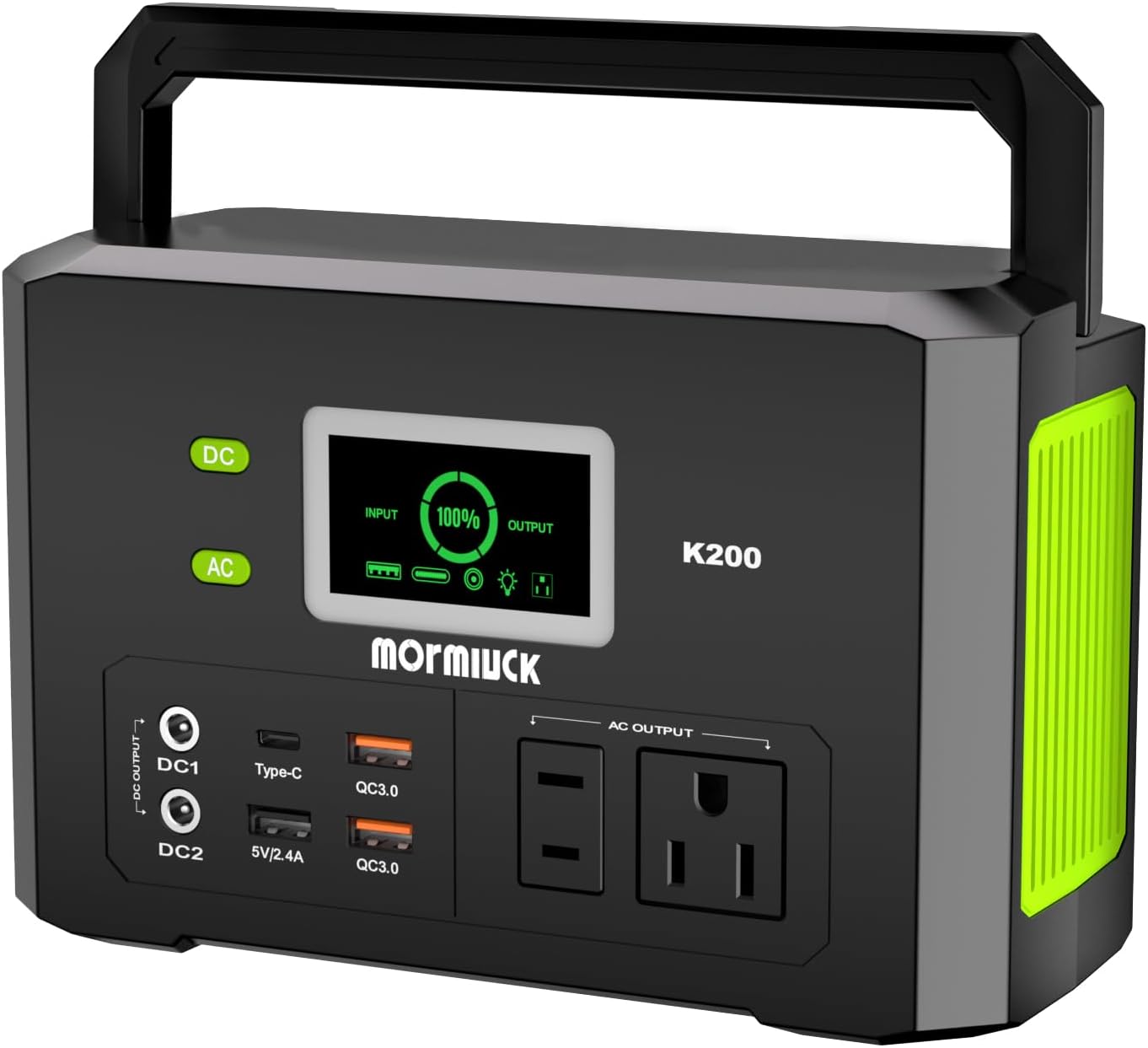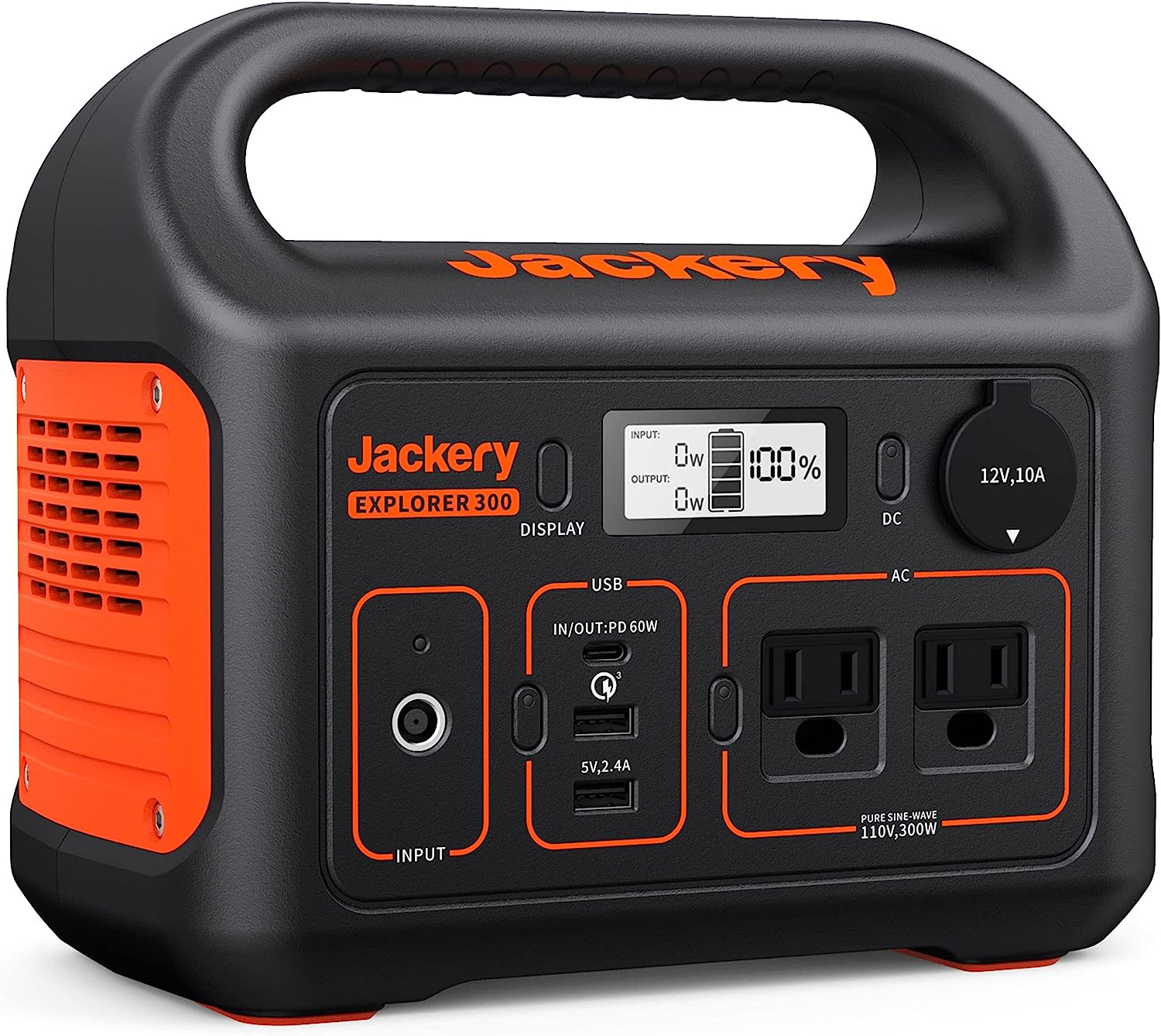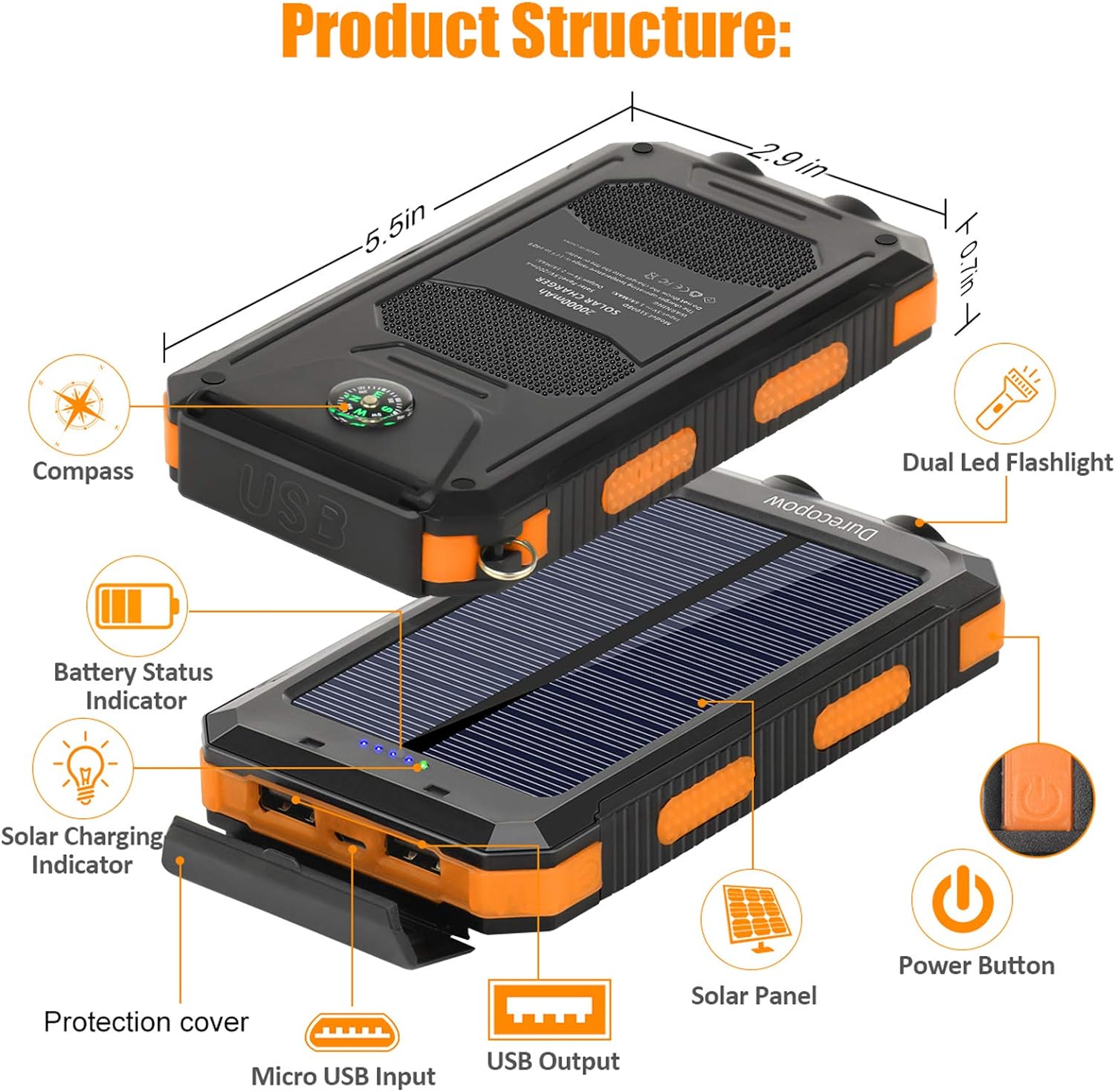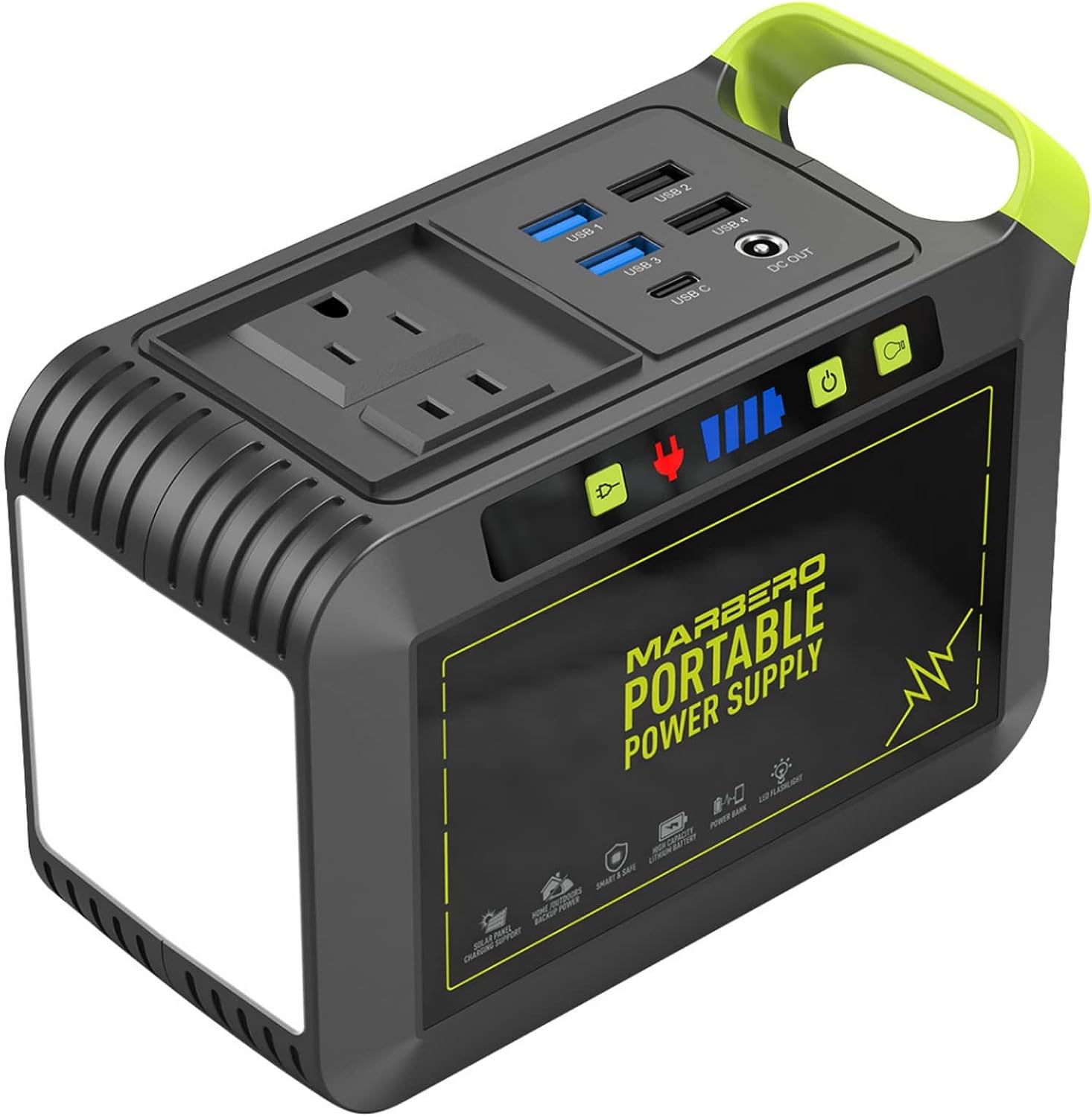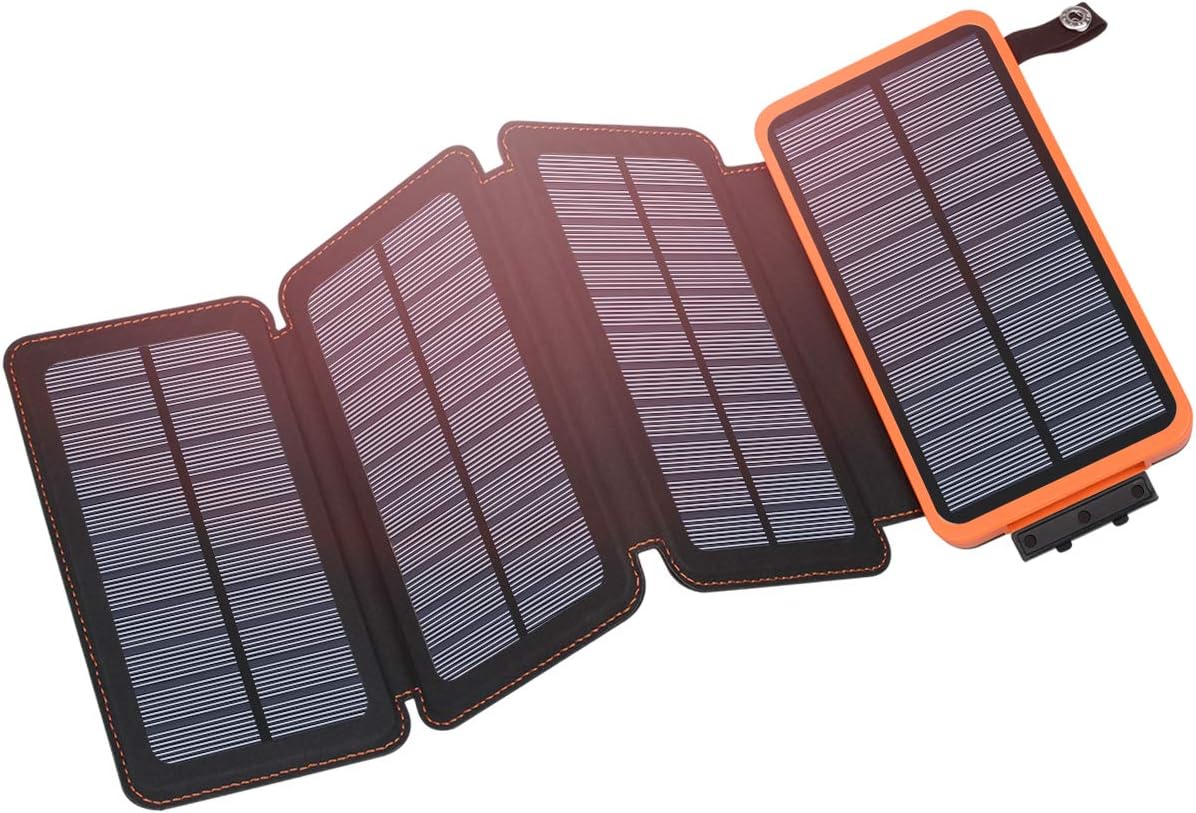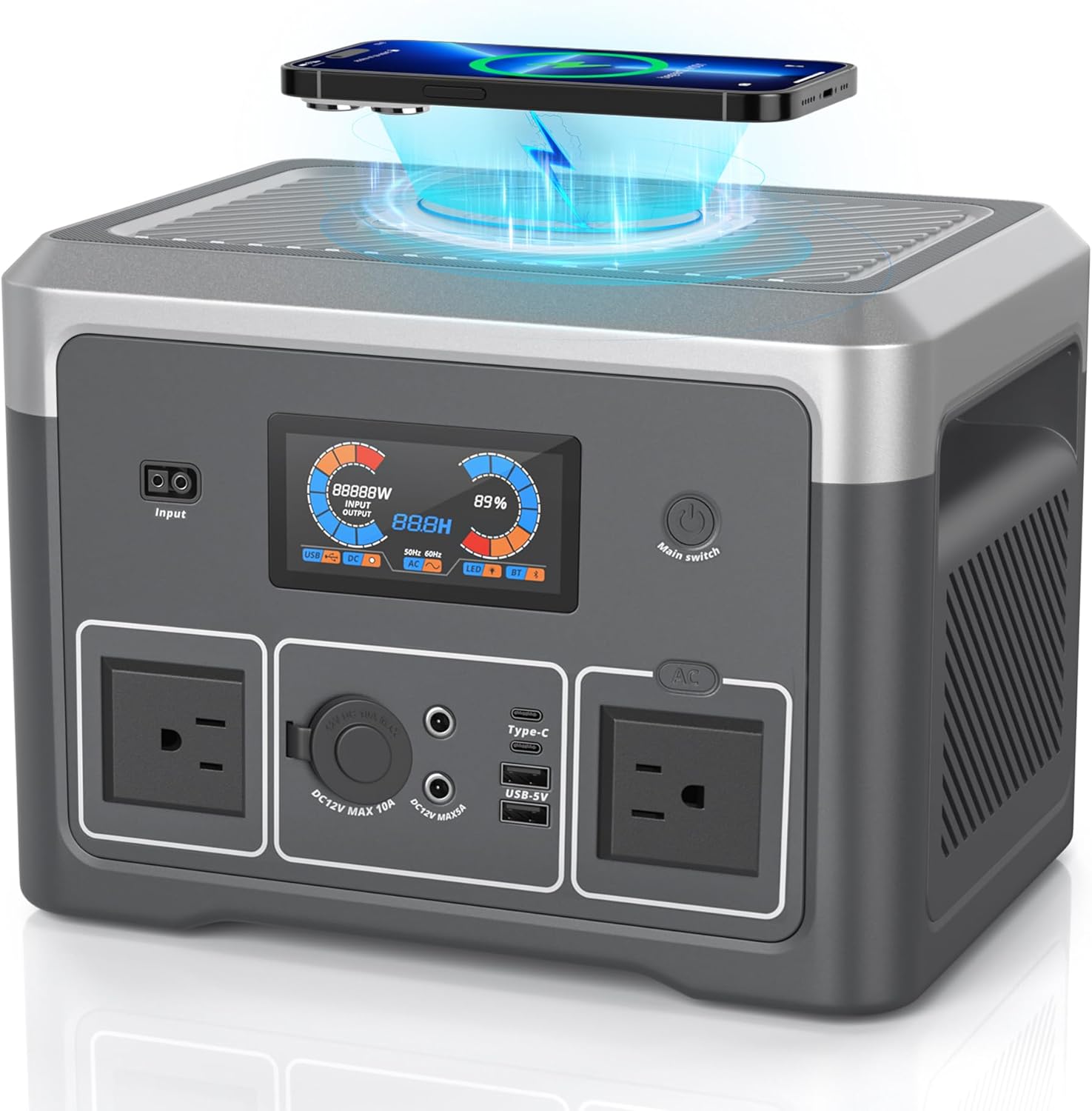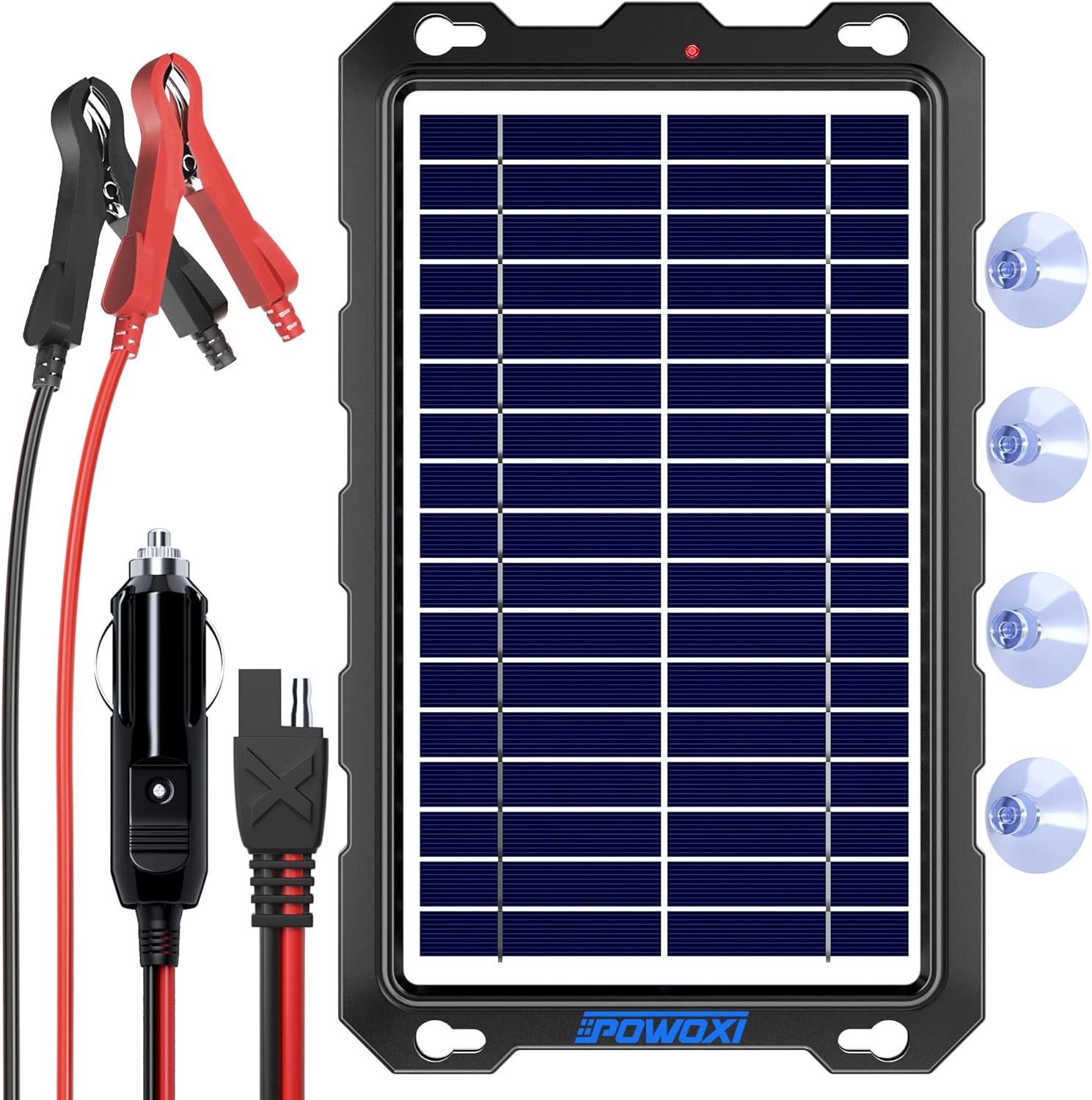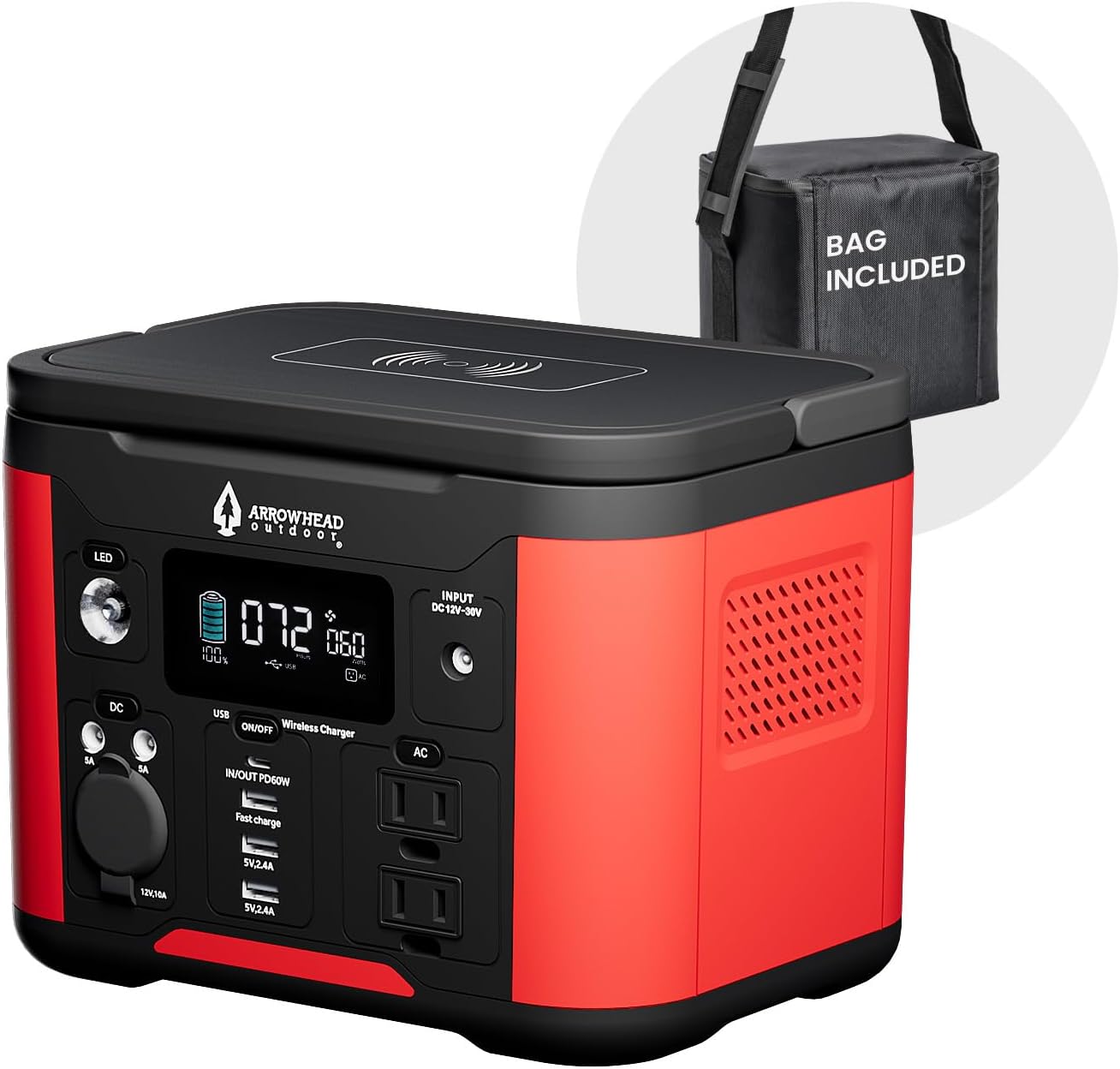What is a Solar Generator?
The Essential Role of Solar Generators in Enhancing Senior Home Living
Types of Solar Generators
-
Portable Solar Generators: These are compact and easy to transport, making them ideal for outdoor activities like camping or RV trips. They usually come with a built-in battery and solar panel, providing a convenient all-in-one solution. Portable generators are designed to be lightweight, which makes them perfect for emergency situations where mobility is crucial. They can power small devices like phones, laptops, and small appliances.
-
Home Backup Solar Generators: Designed to provide power during outages, these systems are larger and more powerful. They often require separate solar panels and can power larger appliances, making them a reliable backup for home use. Home backup generators are typically installed as a semi-permanent fixture, providing seamless integration with existing home electrical systems. They are capable of supporting essential household functions, such as refrigeration, heating, and lighting during power cuts.
-
Solar Generators for RVs: Tailored specifically for recreational vehicles, these generators provide power on the go. They are designed to fit within the constraints of an RV lifestyle, offering both portability and efficiency. RV solar generators are often modular, allowing users to expand their system as needed to accommodate more energy-intensive appliances like microwaves or air conditioning units.
-
Solar Generator Kits: These kits often include multiple components such as solar panels, batteries, and inverters. They are customizable, allowing users to build a system that meets their specific energy needs. Kits are ideal for DIY enthusiasts who want to assemble their own solar power system, offering flexibility in terms of scale and functionality.
Benefits of Solar Generators
-
Eco-Friendly: Solar generators produce zero emissions, making them an environmentally friendly alternative to fossil fuel-based generators. By reducing reliance on fossil fuels, solar generators help decrease carbon footprints and contribute to a cleaner environment.
-
Quiet Operation: Unlike traditional generators, solar generators operate silently, making them ideal for use in residential areas or natural settings. Their quietness enhances the quality of life by reducing noise pollution, which is especially beneficial in serene environments like campsites or residential neighborhoods.
-
Cost-Effective: After the initial investment, solar generators can significantly reduce electricity bills by harnessing free solar energy. Over time, users can achieve substantial savings on energy costs, making solar generators a sound financial investment.
-
Reliability: With battery storage systems, solar generators can provide power even when the sun isn't shining, ensuring a constant supply of electricity. This reliability is crucial during emergencies or in remote locations where access to electricity is limited.
-
Scalability: Solar power systems can be easily expanded by adding more panels or batteries, allowing users to increase their energy capacity as needed. This flexibility makes solar generators suitable for both small-scale and large-scale applications.
How to Choose the Right Solar Generator
-
Power Needs: Determine what devices or appliances you'll need to power and their respective wattages. This will help you choose a generator with the appropriate capacity. Calculate your total energy consumption to ensure the generator can meet your demands during peak usage times.
-
Portability: Consider whether you need a portable generator for travel or a stationary one for home use. If mobility is a priority, look for lightweight models with carrying handles or wheels.
-
Battery Storage: Evaluate the battery capacity and storage options. A larger battery will store more energy, providing longer power availability. Consider lithium-ion batteries, which offer superior energy density and longer lifespan compared to traditional lead-acid batteries.
-
Solar Panel Efficiency: Look for high-efficiency solar panels to ensure maximum energy capture and conversion. Monocrystalline panels are often recommended for their higher efficiency and compact size, which is ideal for space-constrained applications.
-
Affordability: Balance your budget with your energy needs. There are affordable solar generators that offer excellent value without compromising on quality. Compare different models and brands to find a solution that offers the best balance of cost and performance.
-
Durability and Warranty: Check the build quality and warranty offered by the manufacturer. A robust design and comprehensive warranty can provide peace of mind, ensuring long-term reliability and support.
Considerations and Precautions
-
Installation: Ensure proper installation of solar panels to maximize sunlight exposure and energy capture. Position panels at the optimal angle and location to achieve the best efficiency.
-
Maintenance: Regularly check and maintain the battery and solar panels to ensure optimal performance. Clean the panels periodically to remove dust and debris that can reduce energy capture.
-
Weather Conditions: Be aware that weather conditions can impact solar energy production. Having a backup plan is advisable. Consider integrating your solar generator with other renewable sources, like wind or hydro power, to ensure a continuous supply of energy.
-
Regulatory Compliance: Check local regulations and permits required for installing solar generators, especially for home backup systems. Compliance with regulations ensures safety and legal operation.
